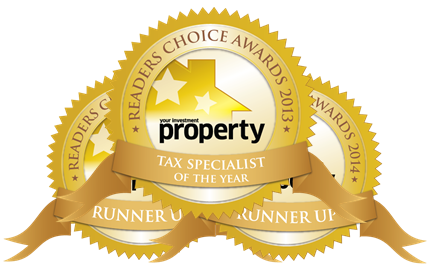29/10/2014
The ten years leading in to retirement are the most important financial planning and tax planning years in most people’s lives. There are many things you can be doing during this time to improve your financial position during retirement. This article will discuss some of the key tax issues people face in the ten years leading in to retirement. However, this is general advice only and you should consult your accountant and financial planner if you are considering any of these strategies.
Transition to Retirement Pension
Transition to retirement pensions are underutilised for people over 55. Transition to retirement pensions allow people over 55 years of age to gain access to some of their superannuation while they are still working. The benefits of implementing a transition to retirement pension include:
- Saving Tax
When you commence a pension in your superfund you no longer pay tax on the investment earnings in the pension account.
- The Ability to Retire Gradually
Many people use the transition to retirement rules to retire gradually by cutting back the hours they work and supplementing their income with a superannuation pension.
- Increasing your Super Balance Quicker
Transition to retirement pensions can be used in some circumstances to boost your retirement savings using a salary sacrifice arrangement without reducing your take home pay.
Negatively Geared Property
Negatively geared property can be a great asset to take advantage of the generous tax concessions that are available. However, these tax benefits are usually not as powerful in retirement. Holding negatively geared property in retirement can be very expensive and it can limit your eligibility to some Government benefits.
The ten year lead up to retirement is the perfect time to start looking at your property portfolio and seeing what you may hold in retirement, what you may sell in retirement and what debt you may be able to pay off to increase your income outside of superannuation.
SAPTO
Many senior Australians are eligible for SAPTO which means they can earn up to $32,279 as a single and $28,974 each as a couple without paying any tax outside of superannuation. These concessions mean that with a bit of careful planning in the lead up to retirement you may be able to structure some of your assets outside of superannuation and pay no tax.

David Shaw is the CEO of WSC Group: Certified Practising Accountants and Business Advisors, and was voted Property Tax Specialist of the Year in the Your Investment Property 2013 Readers Choice Awards (runner up in 2012 & 2014 ).
The above information is supplied by WSC Group.
Disclaimer: while due care is taken, the viewpoints expressed by contributors/sponsors do not necessarily reflect the opinions of Your Investment Property.
